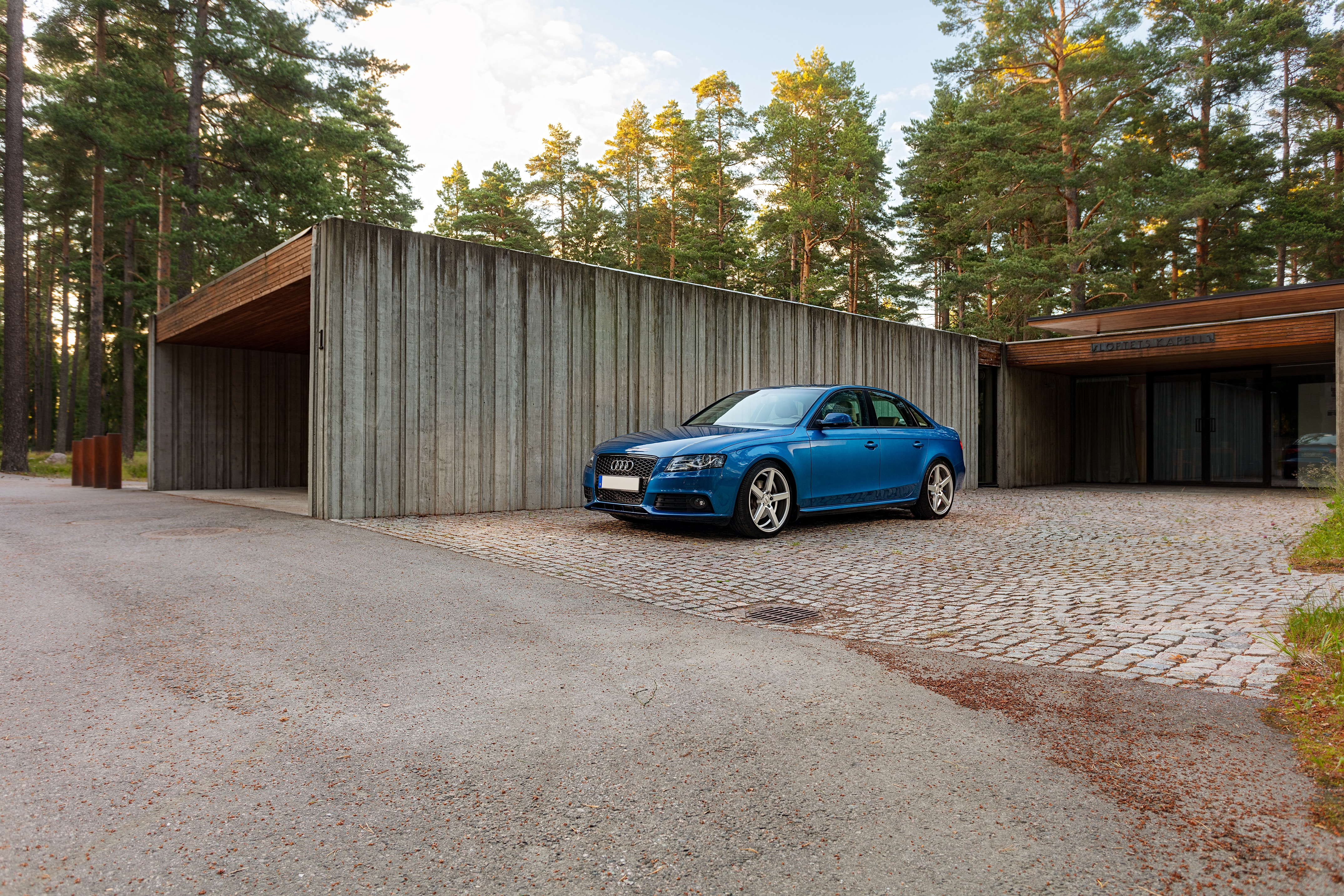Buying a used car can be an excellent way to save money and still get a reliable, high-quality vehicle. However, the process can be daunting, with various factors to consider such as price, brand, and condition. In this article, we'll guide you through the essential steps to buy a used car, find the best deals, and identify the top brands that offer the best value for your money. We'll also provide a helpful question and answer section to address common concerns about purchasing used cars.
Determine Your Budget and Needs
First, establish your budget for purchasing a used car. Remember to include costs such as insurance, maintenance, and taxes. Next, identify your specific needs in a vehicle, such as size, fuel efficiency, and desired features. These factors will help narrow down your search and make it easier to find the right car for you.
Research and Identify the Best Brands
When it comes to buying a used car, some brands offer better value for your money. The following are well-known for their reliability, fuel efficiency, and lower depreciation rates:
- Honda
- Toyota
- Subaru
- Mazda
- Hyundai
Keep in mind that each brand has its own set of pros and cons. It's essential to research each brand and model based on your specific needs and preferences.
Start Your Search
Once you've determined your budget and the best brands, start your search for a used car. Some popular websites to browse used car listings include:
- AutoTrader
- CarGurus
- Cars.com
- Kelley Blue Book
In addition, consider searching on local classifieds, dealership websites, and social media marketplaces. Don't be afraid to expand your search radius to find the best deals.
Inspect the Vehicle
Before purchasing a used car, it's critical to thoroughly inspect the vehicle. This includes the following checks:
- Exterior: Look for dents, scratches, rust, and signs of previous accidents.
- Interior: Inspect the upholstery, dashboard, and controls for wear and tear.
- Under the Hood: Check for fluid leaks, corrosion, and other signs of potential issues.
- Tires: Examine the tread depth and check for uneven wear.
When possible, bring a knowledgeable friend or a trusted mechanic to help you inspect the car.
Take a Test Drive
A test drive is essential to evaluate how the car performs and ensure it meets your needs. During the test drive, pay attention to the car's acceleration, braking, handling, and overall comfort. Also, listen for any unusual noises, vibrations, or warning signs.
Step 6: Get a Vehicle History Report
A vehicle history report provides crucial information about a car's past, including previous accidents, title issues, and maintenance records. Use the car's Vehicle Identification Number (VIN) to obtain a report from a reputable source like Carfax or AutoCheck.
Negotiate the Price
Once you're satisfied with the car's condition and history, it's time to negotiate the price. Research the fair market value of the car and use that information to negotiate a reasonable price with the seller. Don't be afraid to walk away if the seller is unwilling to meet your price expectations.
Complete the Paperwork and Transfer Ownership
After agreeing on a price, finalize the transaction by completing the necessary paperwork. This may include a bill of sale, title transfer, and registration. Be sure to review all documents carefully, and keep copies for your records. Depending on your location, you may also need to pay sales tax and other fees.
Purchase Insurance
Before driving your new used car, make sure to secure proper insurance coverage. Shop around to compare quotes from different insurance providers, and choose a policy that meets your needs and budget.
Buying a used car can be a smart investment, but it requires careful research, inspection, and negotiation. By following these steps and focusing on the best brands for value and reliability, you'll be well on your way to finding a great deal on a used car that suits your needs.
Now that you have a comprehensive guide to buying a used car, you're ready to start your search and find the perfect vehicle for your needs. Good luck and happy car hunting!
Question & Answer Section:
Q: What are the best brands to buy used?
A: Some of the best brands to buy used, known for their reliability, fuel efficiency, and lower depreciation rates, include Honda, Toyota, Subaru, Mazda, and Hyundai.
Q: How can I find the best deals on used cars?
A: To find the best deals on used cars, expand your search radius, compare prices on multiple platforms, and don't be afraid to negotiate with the seller.
Q: How do I inspect a used car before purchasing?
A: Inspect the exterior for signs of damage, check the interior for wear and tear, examine under the hood for fluid leaks or corrosion, and inspect the tires for tread depth and wear.
Q: Why is a vehicle history report important?
A: A vehicle history report provides vital information about a car's past, including previous accidents, title issues, and maintenance records, helping you make an informed decision.
Q: What should I pay attention to during a test drive?
A: During a test drive, focus on the car's acceleration, braking, handling, and overall comfort. Listen for any unusual noises, vibrations, or warning signs.










